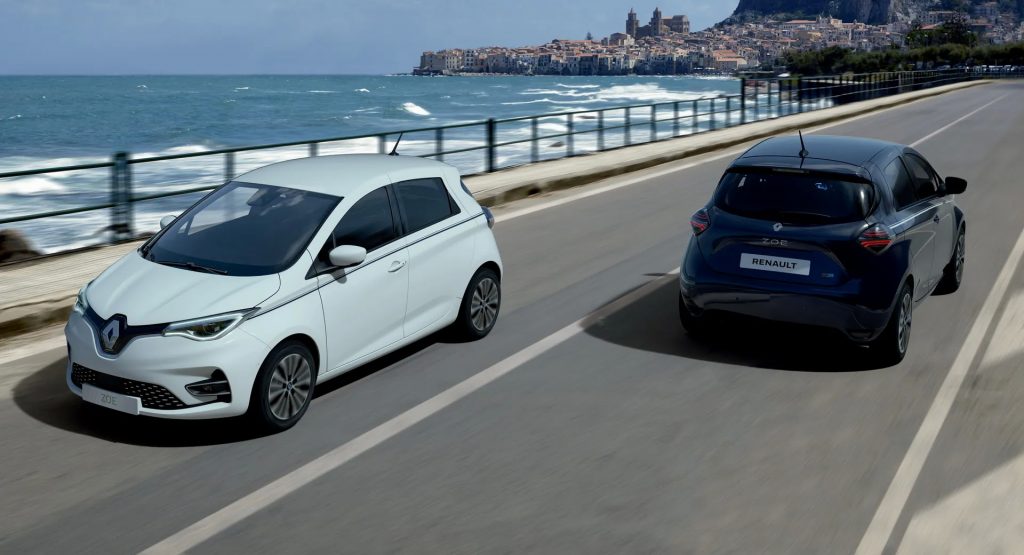According to a recent study by the Direct Line Group, electric cars are cheaper to own over their lifetime than gasoline or diesel-powered cars. This is true despite the sometimes high initial purchase price for EVs.
So what’s the catch? Well, it seems that the difference isn’t exactly huge. The study took the average total cost of buying a new EV in 2020 and driving it just under 14 years (average lifespan of a car) and arrived at a figure of £52,133 ($65,638), reports AutoExpress.
Doing the same with a gasoline-powered vehicle would set you back approximately £53,625 ($67,517).
Read Also: France Tops EU Countries With Generous $13,000 EV Incentive
If you don’t take into account the purchase price, you’re left with only annual running costs, which include refueling/recharging, insurance, road tax, MoTs and servicing. The total here was calculated at £1,742 ($2,193) per year for an electric car, 21% less than the £2,205 ($2,776) you’d spend on an equivalent gasoline model.
The data is based on a comparison of five electric model and their equivalents. It also shows that for the UK, annual Vehicle Excise Duty, MoT and servicing costs are 49% lower on average for an electric model than its gasoline counterparts.
Meanwhile, recharging an EV is apparently 58% cheaper than refueling a gasoline car, although the latter costs some 25% less to insure.
As for depreciation, EVs hold their value twice as well as gasoline cars, losing just 12% of their value per year, whereas the latter lose 24% of their value over the same period of time.
“It is an exciting time for electric vehicles, with a record number of these licensed cars on Britain’s roads last year. Our analysis also shows that with the ban on new non-electric cars set to come into force in less than 15 years’ time, Britons could already be saving money by switching from a traditional petrol or diesel car to an equivalent electric model,” said Direct Line’s Neil Ingram.




